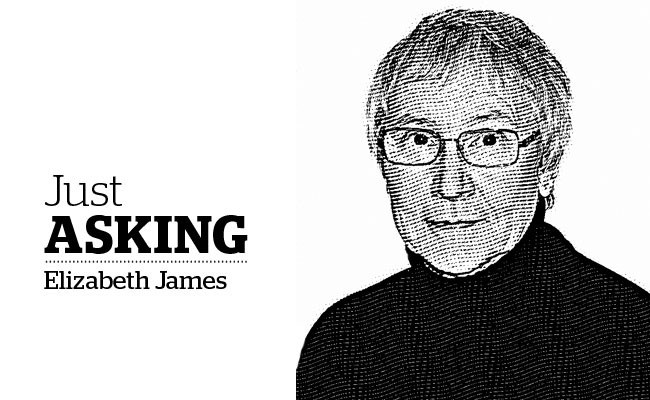“First, Los Niños are not rain or snow makers for British Columbia, so don’t count on this El Niño to break your drought.”
– William C. Patzert, PhD
With the rain forecast for last weekend arriving as predicted, Lower Mainland residents may now hope they can settle down and wait for Mother Nature to fill our reservoirs and enable life to return to normal in a rainy Vancouver.
For the long-term, those hopes may be in vain if local weather forecasters and climate experts like William Patzert are correct.
In continuing his response to my questions, Patzert, a climatologist with NASA’s Jet Propulsion Laboratory, explained that the effects of the “blob” — unusually warm water 100 metres deep and roughly the size of British Columbia — are still strong. “Sitting in the Gulf of Alaska, this phenomenon caused a blocking of high-pressure systems and is related to your drought,” he said.
If this pattern is wiped out by strong North Pacific storms and heavy rains, Patzert believes we could get relief. “But if the El Niño is strong, the jet stream should (be expected to) stay north of B.C., in which case, place your bets on continuing drought,” he said.
Locally, in writing about the need for water reuse and recycling, Dr. Troy Vassos, a senior environmental engineer in North Vancouver, wrote in the June 2014 issue of Municipal World that, “Increasing use of limited water supplies to meet agricultural, industrial and municipal demands is creating competitive pressure around fresh water resources. (There is) a growing need to manage (those) resources in a sustainable manner.”
We have begun to understand that this year, in spades.
The first major warning arrived when local ski hill operations were starved for snow and for the revenues that accrue from those recreations. Most hills had below normal business and closed earlier than usual.
Despite those warnings and a continued lack of precipitation, Metro Vancouver officials were still telling us in February, March and beyond that there was no need for concern, that our reservoirs were OK and that sprinkling regulations would kick in on schedule.
Unfortunately, Mother Nature proved them wrong; we should have been asked to cut back on unnecessary water use much earlier than happened.
As a result, municipalities, developers and gardening enthusiasts carried on as usual to buy and plant expensive annuals, perennials and trees which now can be seen withered throughout the Lower Mainland.
Even during our Stage 2 water restrictions, in a “do as we say, not as we do” way, some municipalities continued to pulse thousands of gallons on soccer fields — even though they advertise that healthy lawns only need one inch of water a week to stay that way.
Pity the poor people who did as they were advised and ordered nematodes to deal with infestations of the European chafer beetle in their lawns. In order to survive, those nematodes needed regular irrigation at a time when water restrictions had reached Level 3 “no watering your lawn.”
Lawn-care companies, window-washers, car-wash operations and many other water-dependent businesses have suffered and/or cancelled much-needed jobs.
Now, it seems we have two options: Remain optimistic, “Stay Calm and Carry On” on as though this summer was merely a blip or, plan for the worst even while hoping for something better for 2016.
What I’d like to see is for all municipalities in Metro Vancouver and the Fraser Valley (perhaps even Union of B.C. Municipalities) to form expert advisory committees to develop a plan of action based on the assumption that rain and snow events will continue at below normal levels.
If that could be done, it is essential for members of the public to be involved — because the necessary changes will not succeed unless regulators can achieve a high level of cooperation from their communities.
In his closing remarks to me, Patzert said, “You are living in a warmer world and should expect punier snow-packs … plan for less snowpack in the future. This will change how you manage your water in British Columbia — forever.”
“In summary,” he said, “I suggest you change your water lifestyles. Water and energy conservation should be permanent because, as Yogi Bera said, ‘the future ain’t what it used to be.’ ”
After 16 years with the multi-disciplinary Perinatal Programme of B.C. and later in various endeavours in the growing high-tech industry, Elizabeth James now connects the dots every second Wednesday on local, regional and provincial issues. She can be reached via email at [email protected].



